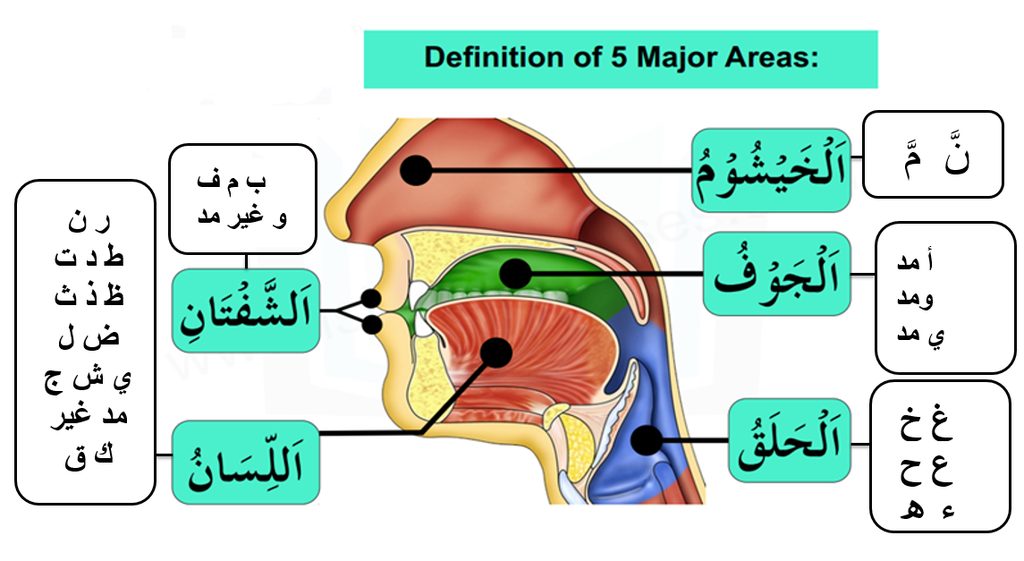Virtues of the Day of Arafah
The Day of Arafah is one of the ten days by which Allah swore by the greatness of its bounty and the greatness of its worth. Allah Almighty said: (And the ten nights) Surat Al-Fajr
The Messenger (PBUH) said, “There are no days during which the righteous action is so pleasing to Allah than these days (i.e., the first ten days of Dhul-Hijjah).” He was asked: “O Messenger of Allah, not even Jihad in the Cause of Allah?” He (PBUH) replied, “Not even Jihad in the Cause of Allah, except in case one goes forth with his life and his property and does not return with either of it.”(Al-Bukhari)
Indeed, days and nights, months and years are treasures of deeds, and the happy one is the one who can take advantage of them; especially those virtuous times, which Allah Almighty has singled out with more grace and reward, and there are many texts from the Qur’an and Sunnah, which indicate the virtues and honor of the Day of Arafah, as follows:
1- It is the day of perfecting the religion, and completing the blessing upon the nation of Islam:
Once a Jew said to me, “O the chief of believers! There is a verse in your Holy Book Which is read by all of you (Muslims), and had it been revealed to us, we would have taken that day (on which it was revealed as a day of celebration.” ‘Umar bin Al-Khattab asked, “Which is that verse?” The Jew replied, “This day I have perfected your religion For you, completed My favor upon you, And have chosen Islam as your religion for you.” (5:3) ‘Umar replied, “No doubt, we know when and where this verse was revealed to the Prophet. It was Friday and the Prophet (PBUH) was standing at ‘Arafat (i.e. the Day of Hajj)”
2- It is a day by which Allah Almighty swore: and the great does not swear except by the great, for it is the witnessed day in the Almighty’s saying: (And the witness and what is witnessed) Al-Buruj:3
3- Fasting on the day of Arafah expiates for two years, which is only desirable for non-pilgrims.
The Messenger of Allah (PBUH) was asked about the observance of Saum (fasting) on the day of ‘Arafah. He said, “It is an expiation for the sins of the preceding year and the current year.” (Muslim)
As for the pilgrim, it is not Sunnah for him to fast on the day of Arafah Because the Prophet(PBUH) abandoned his fast, and it was narrated from him that he forbade fasting on the Day of Arafah.
4- Hajj is Arafat, as in this Hadith, as follows:
The Messenger of Allah (PBUH) said: “The Hajj is ‘Arafat, the Hajj is ‘Arafat, the Hajj is ‘Arafat. The days of Mina are three: But whoever hastens to leave in two days, there is no sin on him, and whoever stays on, there is no sin on him (2:203). And whoever sees (attends) the ‘Arafah before the rising of Fajr, then he has performed the Hajj.” Ibn Abi ‘Umar said: “Sufyan bin ‘Uyainah said: ‘This is the best Hadith that Ath-Thawri reported.
5- forgiveness of sins:
‘Aishah (May Allah be pleased with her) reported:
The Messenger of Allah (PBUH) said, “There is no day on which Allah sets free more slaves from Hell than He does on the Day of ‘Arafah.” (Muslim)
6- The best supplication on the Day of Arafah:
‘Amr b. Shu’aib, on his father’s authority, quoted his grandfather as saying that the Prophet said, “The best supplication is that on the day of ‘Arafa, and the best thing which I and the prophets before me have said is, ‘There is no god but Allah alone who has no partner; to Him belongs the dominion, to Him praise is due, and He is omnipotent.’’
Tirmidhi transmitted it, and Malik transmitted it on the authority of Talha b. ‘Ubaidallah up to “who has no partner.”
Hence we know that according to a correct scholarly view, unrestricted takbeer and takbeer restricted to certain times are combined on five days, i.e., the Day of ‘Arafah, the Day of Sacrifice, and the three days of Tashreeq. Concerning the eighth day (of Dhu’l-Hijjah) and the days preceding it, Takbeer on those days may be done at any time, not only at certain times. In al-Musnad it is narrated from Ibn ‘Umar (may Allaah be pleased with him) that the Prophet (peace and blessings of Allaah be upon him) said: “There are no days on which good deeds are greater or more beloved to Allaah than on these ten days, so recite much Tahleel (saying Laa ilaaha ill-Allaah), Takbeer (saying Allaahu akbar) and Tahmeed (saying al-hamdu Lillaah),” or similar words.




